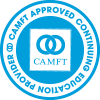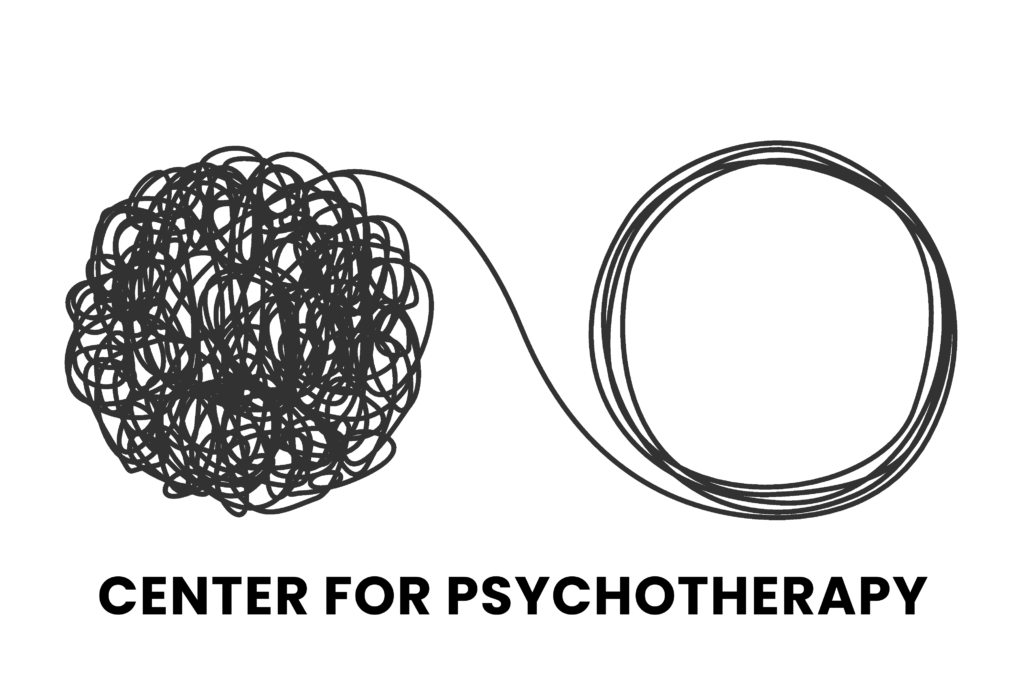Continuing Education Courses
Self-paced continuing education from pre-recorded lectures
Bennett Series: Psychodynamic Assessment of Character
An in depth seminar series by Dr. Mathew Bennett for mental health professionals on personality and personality disorders. This is a 5 part series recorded in 2024.
- Psychodynamic assessment of Character Overview
- Schizoid (Sensitive) Personalities
- Narcissistic Personalites
- Histrionic and Borderline Personalities
- Depressive Personalities
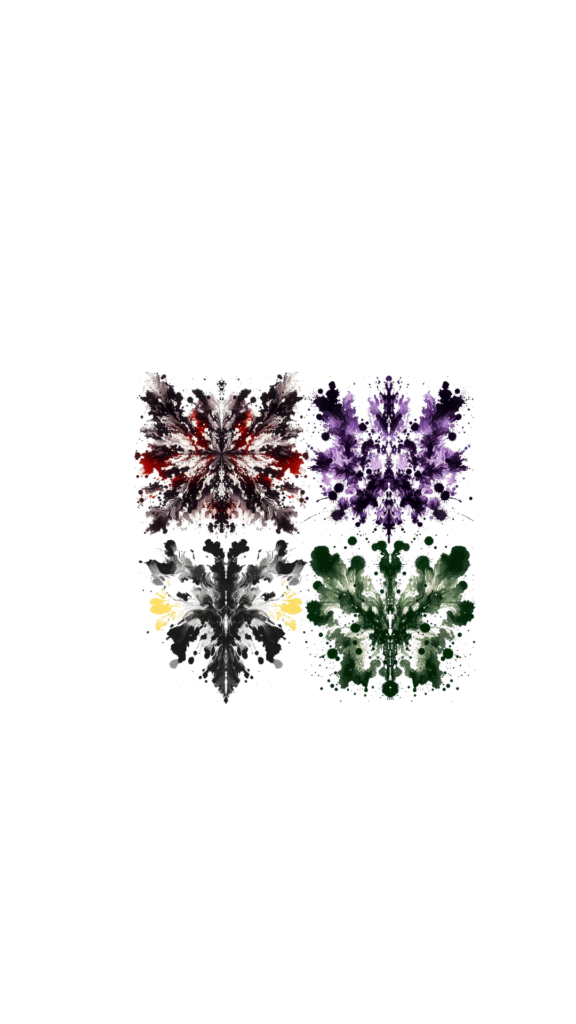
Bennett Series #1: Psychodynamic Assessment of Character Structure Overview
This continuing education seminar will review broadly psychodynamic perspectives on the diagnosis of personality organization and personality disorder. The emphasis will be diagnosing personality organization as an aid to conducting psychotherapy. Dr. Bennett will provide an overview of the psychodynamic sensibility about identifying diagnosing personality disorder, highlighting the clinical usefulness of identifying and describing patterns of handling affect, defensive styles, and perceiving interpersonal reality. This discussion will include an emphasis on how to adopt certain “stances” in psychotherapy based on personality diagnosis.
Bennett Series #2: Schizoid Personalities
This Continuing Education (CE) seminar will explore treatment considerations with the “perceptive” personality style, as well as the clinical diagnosis of schizoid personality disorder. Perceptive personalities retreat into internal lives to the point that they sometimes become unresponsive to their outer ones. People with “perceptive” personalities may come across as dreamers, loners, or idealists and sometimes younger ones raise concerns among loved ones due to “failure to launch”. Although people with these characteristics may resist the idea of therapy, they can bloom when working with a skilled therapist who understands where they are coming from. The instructor, psychologist Dr Matthew Bennett, will provide an overview of schizoid dynamics, defensive style, and how the personality is represented in diagnostic nomenclature. The seminar will also include discussions of this personality style in cultural context, differential diagnosis with other clinical presentations, and best treatment approaches.


Bennett Series #3: Narcissistic Personalities
This CE seminar will explore theoretical, diagnostic, and treatment issues surrounding narcissistic personality organization and narcissistic personality disorder (NPD). The discussion will examine the essential features of narcissism at several levels: archetypal, object relations, self psychology, and behavioral considerations. We will compare and contrast psychodynamic methodologies of assessing narcissistic character pathology with the DSM nosological approach, and review practical considerations for approaching narcissistic personalities in psychotherapeutic and general interpersonal contexts.
Bennett Series #4: Histrionic and Borderline Personalities
This CE seminar will explore theoretical, diagnostic, and treatment issues surrounding the histrionic personality organization, and both the histrionic and borderline personality disorder (HPD and BPD). The discussion will examine the essential features of the histrionic personality organization at several levels: archetypal, object relations, self-psychology, and behavioral, cultural, and gender-based considerations. We will compare and contrast psychodynamic methodologies of assessing histrionic character pathology with the DSM nosological approach, and review practical considerations for approaching histrionic personalities in psychotherapeutic and general interpersonal contexts.

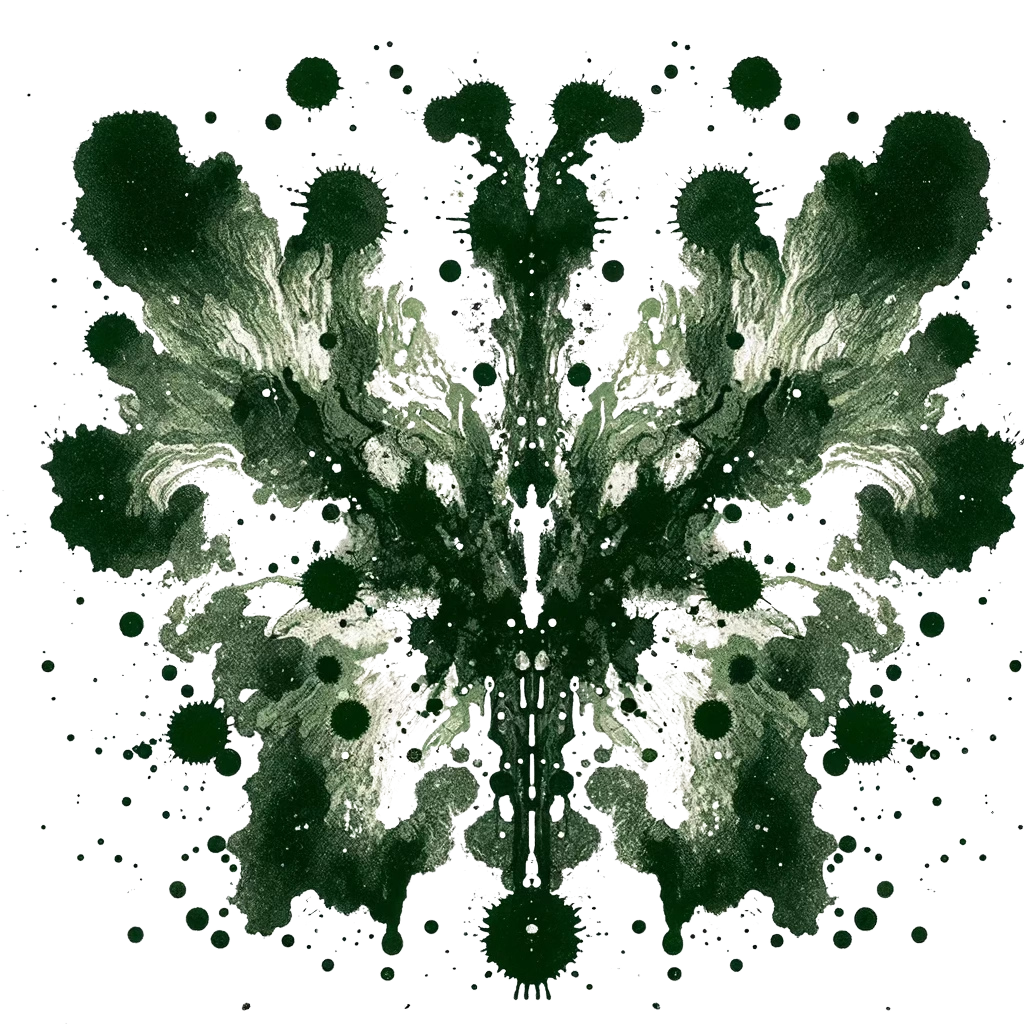
Bennett Series #5: Depressive Personalities
The depressive personality has been left out of DSM nomenclature, with the result that many therapists are unfamiliar with this personality style and its interpersonal dynamics. Therapist unfamiliarity with depressive personality is ironic, since it is a personality dynamic common among therapists themselves. The depressive style compares a warm, relational interpersonal style with fear of loneliness and abandonment, and tends to idealize others while devaluing the self. Depressive personalities have trouble getting angry and commonly internalize their own natural aggression out of fears of being bad people. This seminar will explore ways of understanding and navigating the depressive perspective from a broadly psychodynamic perspective
For those who want to deepen their basic knowledge.
The A2 course builds on the basic knowledge you acquired in the A1 course. You will expand your vocabulary, improve your grammar skills, and practice more complex sentence structures. Upon completion of this course, you can take the A2 exam.


For intermediate learners.
The B1 course is designed for intermediate learners who want to further develop their German language skills. You will improve your grammar skills, expand your vocabulary, and develop communication skills for more complex and specialized topics. Upon completion of this course, you will be able to pass the B1 exam.
For smart offers seekers!
The B1 course is designed for intermediate learners who want to further develop their German language skills. You will improve your grammar skills, expand your vocabulary, and develop communication skills for more complex and specialized topics. Upon completion of this course, you will be able to pass the B1 exam.

To access a course:
Purchase Seminar
Click the Purchase Seminar button on the course you are looking to purchase. If you have signed up for a live event and were given a coupon, click on purchase seminar and use your coupon code.
Login
After purchasing the seminar you will have a username (your email) and a password. Login and then click on the 'Access Seminar' Button.
Get CE units
Watch the course, take the quiz, and complete the survey. A CE certificate will be emailed to you after completion of all 3 steps. Please reach out to hello@psychotherapysb.com for support.
About
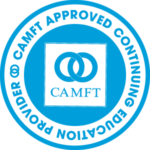
Center for Psychotherapy and Integrative Health (provider # 1032766) is approved by the California Association of Marriage and Family Therapists to sponsor continuing education for LMFT’s, LCSW, LPCC’S, and LEP’S. Center for Psychotherapy and Integrative Health maintains responsibility for the program and all its content.


